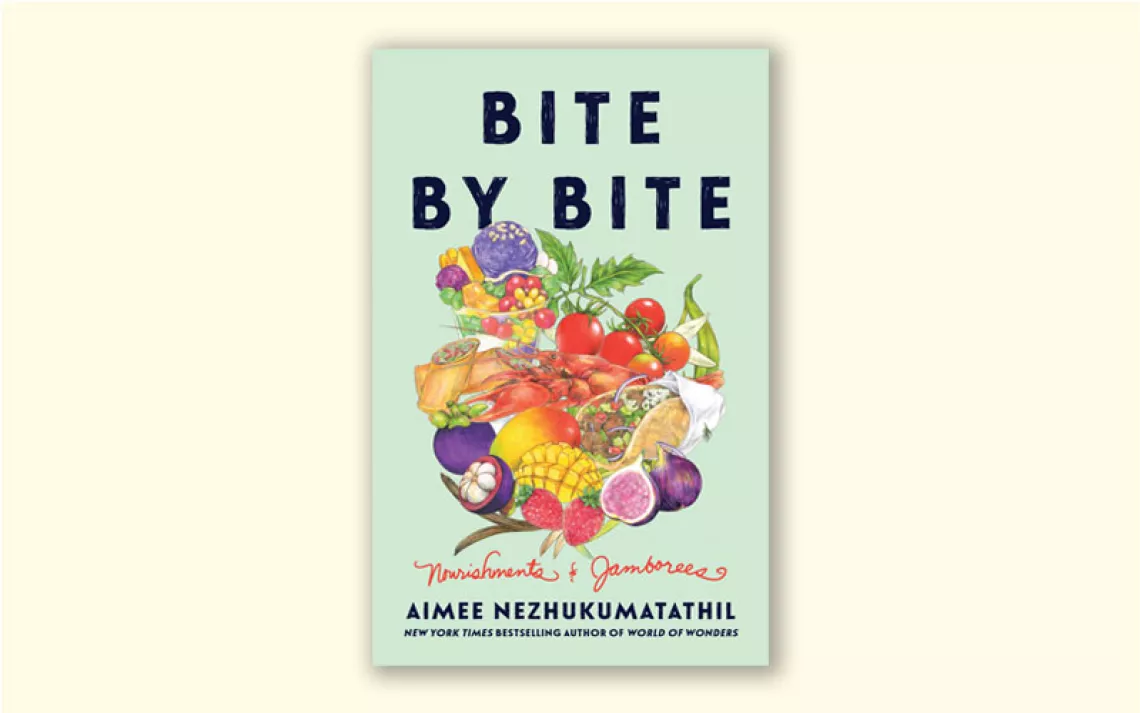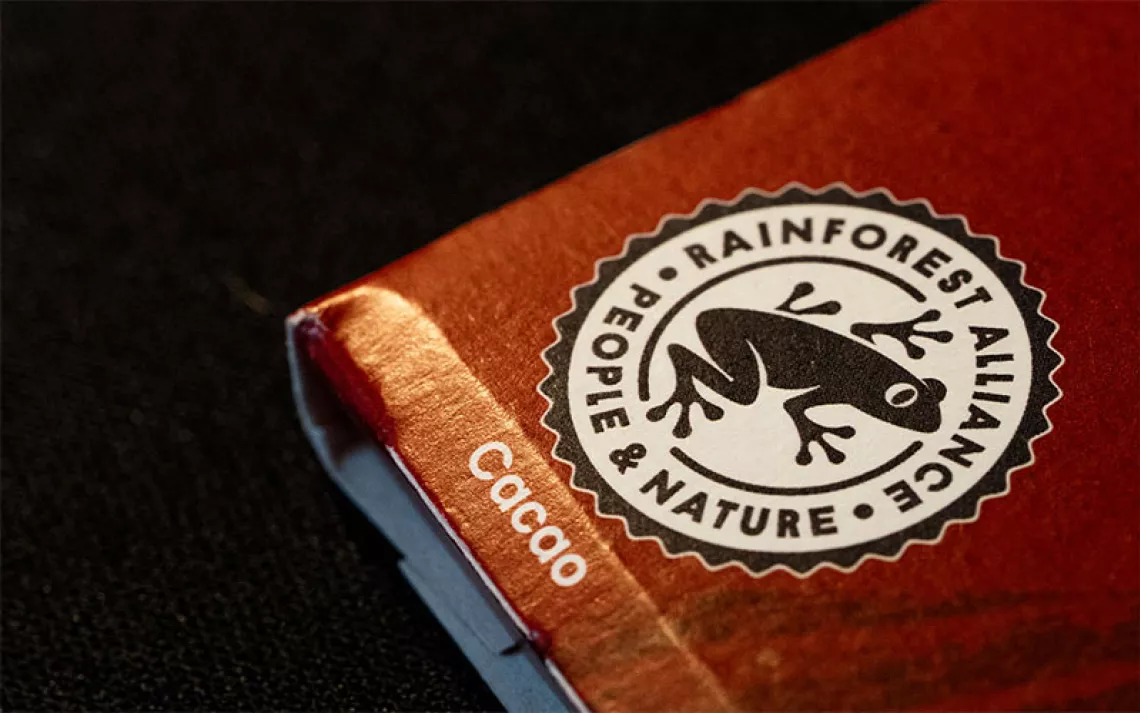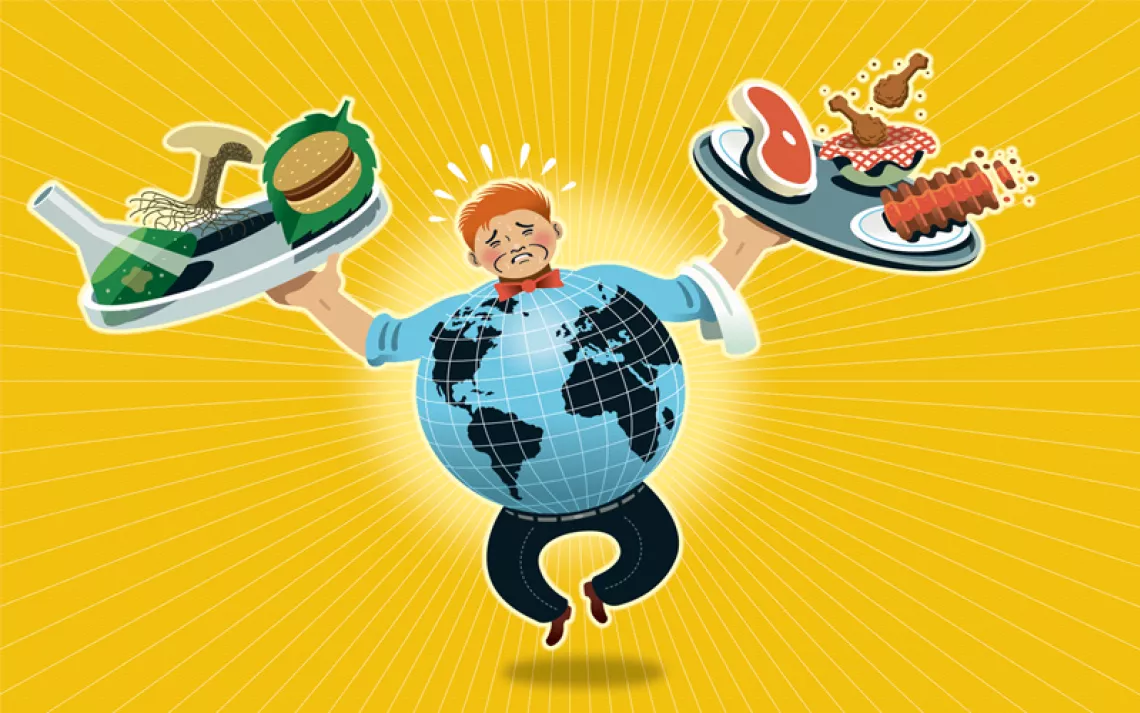Popcorn's Dirty Little Secret

Photo by iStock/lolostock
It’s no secret that Americans love popcorn. We consume more than 16 billion quarts of the buttery gold each year. But few know that most of what we’re feasting on comes from seeds coated with toxic, bee-killing pesticides called neonicotinoids.
Which is why conservationists are celebrating popcorn giant Pop Weaver’s recent decision to phase out the use of neonicotinoid-coated seeds.
An estimated 80 to 95 percent of America’s corn and nearly half of its soybean seeds are precoated with neonicotinoids. Scientists have linked the use of these pesticides to an alarming decline in bee populations over the last decade. Beekeepers are reporting annual hive losses of 40 to 50 percent, with some as high as 100 percent. Overall, the number of managed honey bee colonies in the United States has dropped from 6 million in 1947 to fewer than 2.5 million today.
This has enormous implications—bees pollinate 71 of the 100 crops that provide 90 percent of the world’s food, according to the United Nations Environment Program.
And bees aren’t the only ones in trouble. Nearly 40 pollinator species are listed as threatened or endangered, with many more under consideration for listing. Without pollinator species, over 70 percent of plants would be unable to reproduce or provide food.
The first U.S. food supplier to make such a commitment, Pop Weaver plans to reduce the use of neonicotinoid-coated seeds by 75 percent before 2017. The Center for Food Safety is now applying pressure on Pop Weaver competitor Pop Secret to follow suit.
“We wanted to target popcorn because it is one of America’s best-loved snacks. It is a unique opportunity to highlight the fact that huge seed companies [read: DuPont and Monsanto] are refusing to supply farmers with uncoated seeds,” says Larissa Walker, pollinator program director at the Center for Food Safety. “It puts the power in the hands of consumers to force the hands of big seed companies to supply more sustainable options.”
Pressuring popcorn companies to use noncoated seeds is a step in the right direction, but biofuel, grain, fiber, food, and beverage industries rely upon neonicotinoid-coated crops. A shift in large-scale agriculture’s reliance on pesticides would give pollinator species a fighting chance, bolster national food security, and ensure guilt-free popcorn eating for all.
This article has been modified since its original posting. Bees are not required for popcorn pollination, as we originally reported.
Update:
Last week, in response to the Center for Food Safety campaign, Pop Secret also committed to phasing out neonicotinoid seed coatings. It's the second U.S. food company to do so.
 The Magazine of The Sierra Club
The Magazine of The Sierra Club



